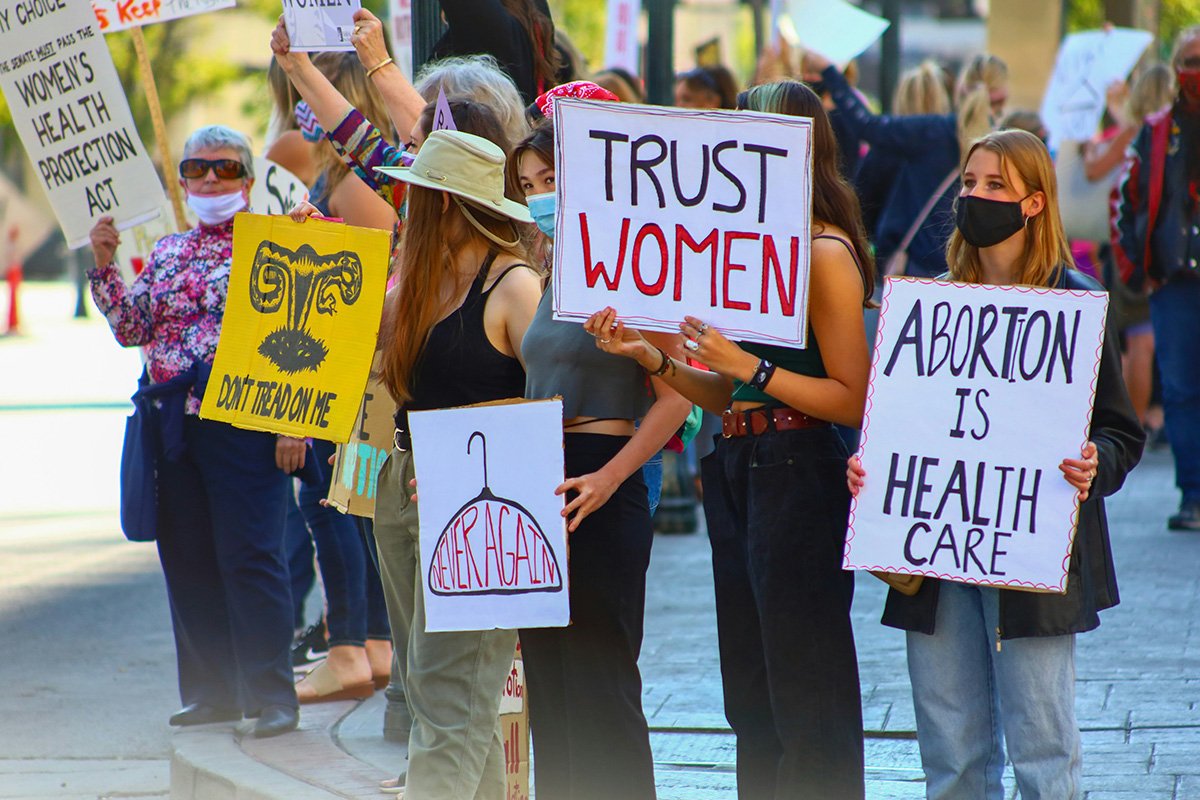
November 11, 2019; North Bay Business Journal
Kaiser Permanente has announced that 60-year-old chair and CEO Bernard J. Tyson died unexpectedly in his sleep early Sunday morning. The longtime Kaiser executive was the health system’s first Black CEO. Tyson had been CEO for six years and chairman for five. Executive Vice President Gregory Adams has been named interim chairman and CEO.
Tyson’s death comes in the midst of a number of complicated situations, including labor actions and major development projects. Kaiser had just settled one contract dispute involving 85,000 workers and was facing the potential of a walkout by 4,000 mental health clinicians. That latter action has now been postponed, but both disputes have blemished the system’s collaborative labor relations image.
Sal Rosselli, president of the National Union of Healthcare Workers, credits Tyson with helping to establish that image. “We truly worked together to make Kaiser the best place to receive and give medical care,” Rosselli told Michael Hiltzik of the Los Angeles Times. “There was true collaboration to establish an appropriate balance of power between labor and management.”
Sign up for our free newsletters
Subscribe to NPQ's newsletters to have our top stories delivered directly to your inbox.
By signing up, you agree to our privacy policy and terms of use, and to receive messages from NPQ and our partners.
As the system grew and became increasingly prosperous, its financial priorities were called into question. The system came under fire in 2017 for holding $31.6 billion in reserves, far more than is standard—a questionable practice in a system supported by increasing health care premiums. NPQ has been covering this issue at Kaiser since 2011. Additionally, Kaiser was planning to establish its own medical school, offering free tuition for its first five years, and to construct a new $900-million headquarters building in Oakland. Finally, it reportedly offered $295 million for naming rights to the Golden State Warriors’ new basketball arena in San Francisco.
Anthony Wright, executive director of the consumer group Health Access California, suggests the organization is doing very well, which might imply that they should be sharing some of their riches with consumers and staff rather than simply expanding. “They’re looking not just at next year’s returns, but at educating future generations. But as much as that is probably a very good investment in the future of California’s health care system, it’s also fair for the people who’ve been paying premiums to Kaiser to say, where does that money come from?”
In any case, this is a reminder, as if we needed another, of the terrible fragility of our lives. We imagine that Kaiser had an emergency transition plan in place, but do you?—Ruth McCambridge












